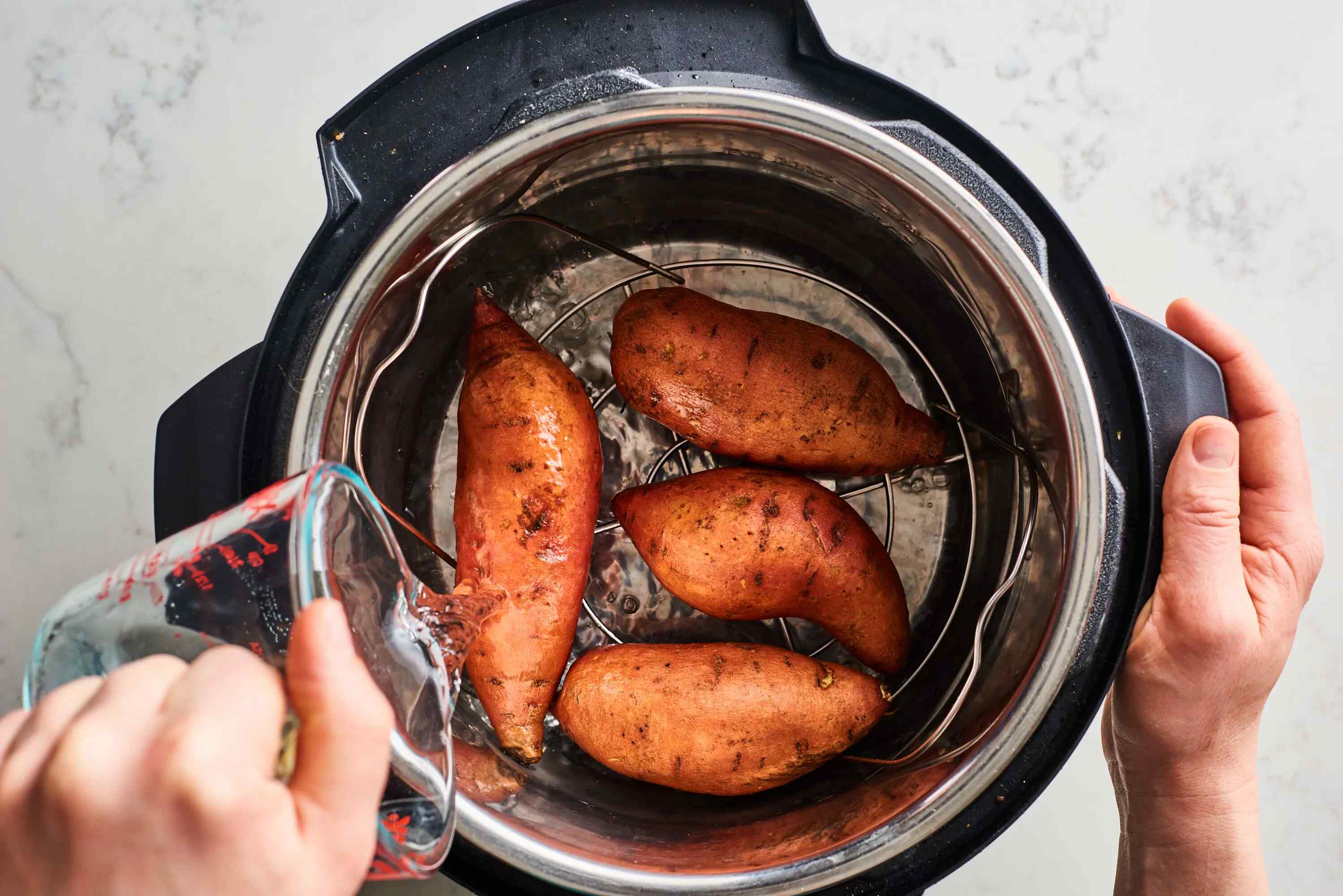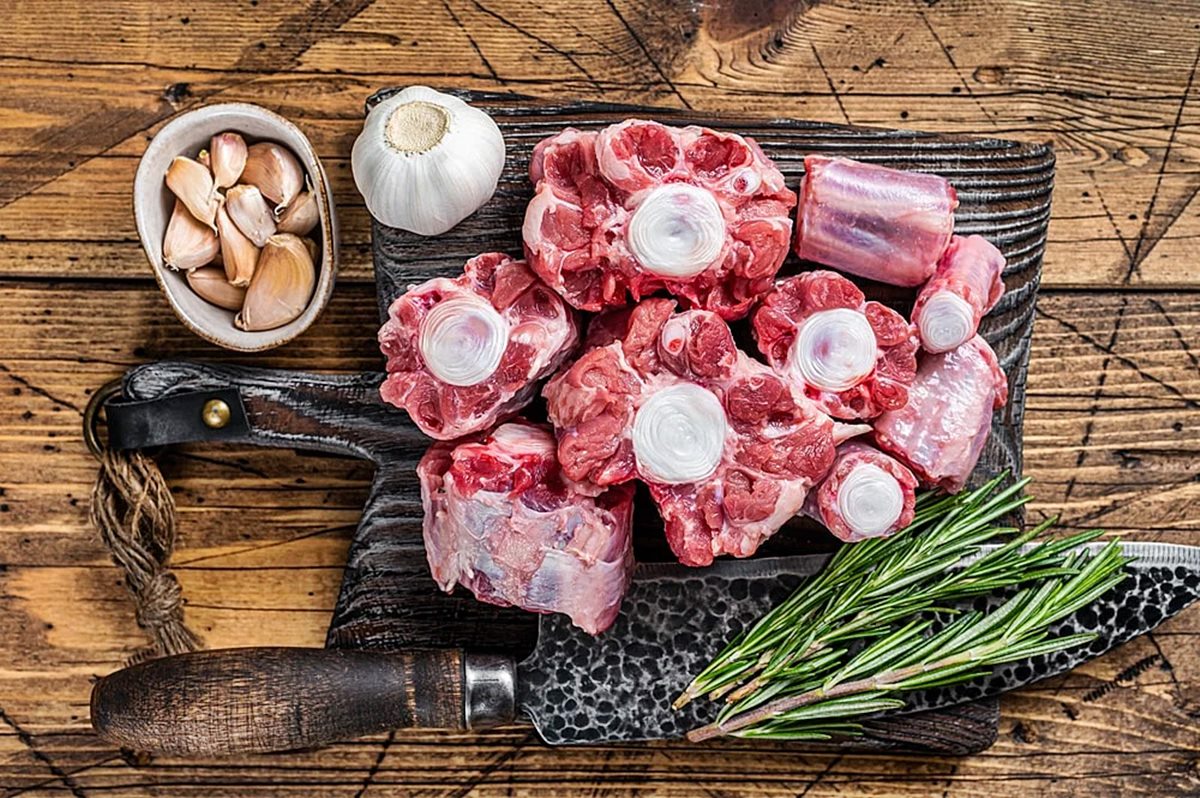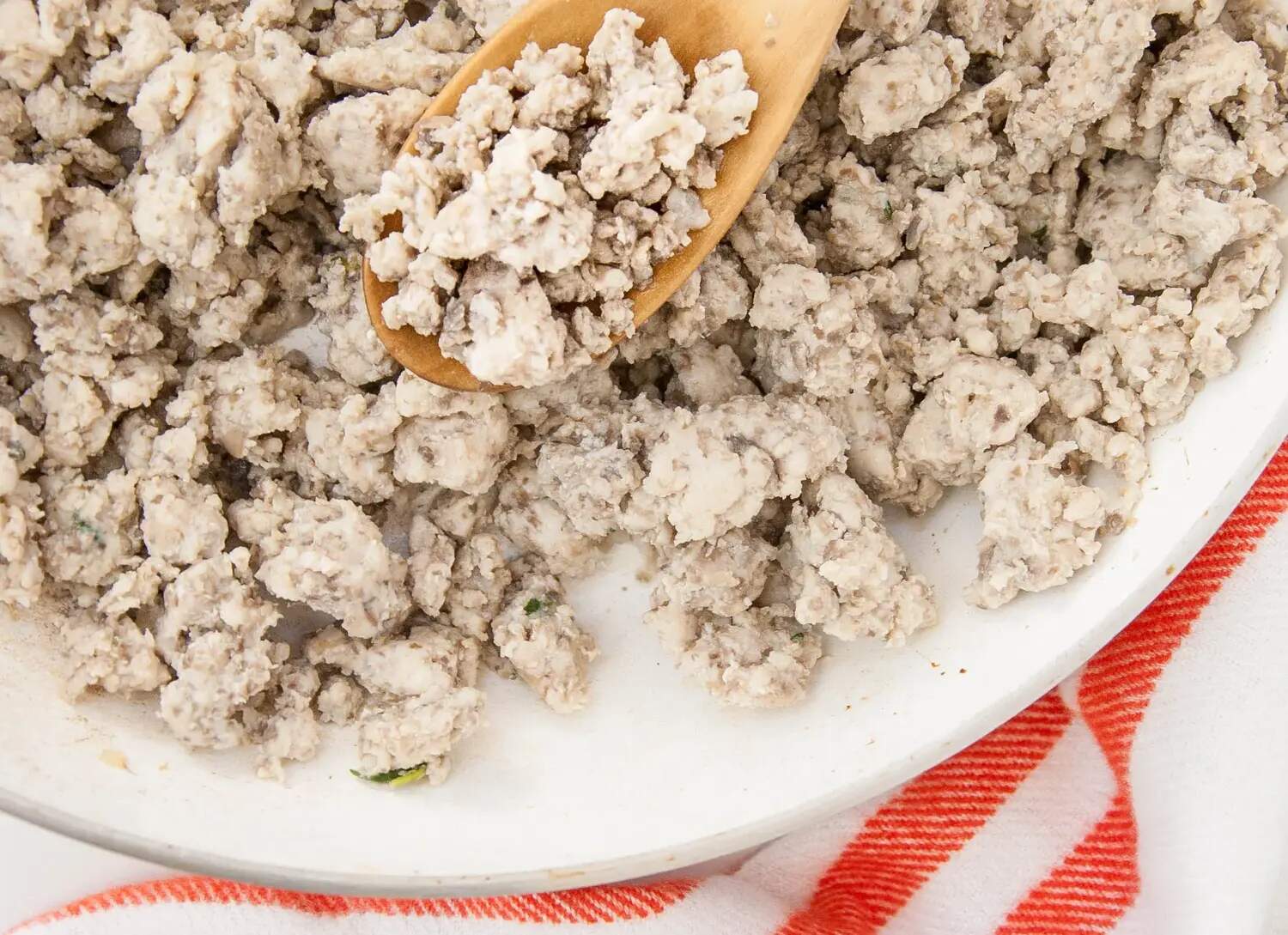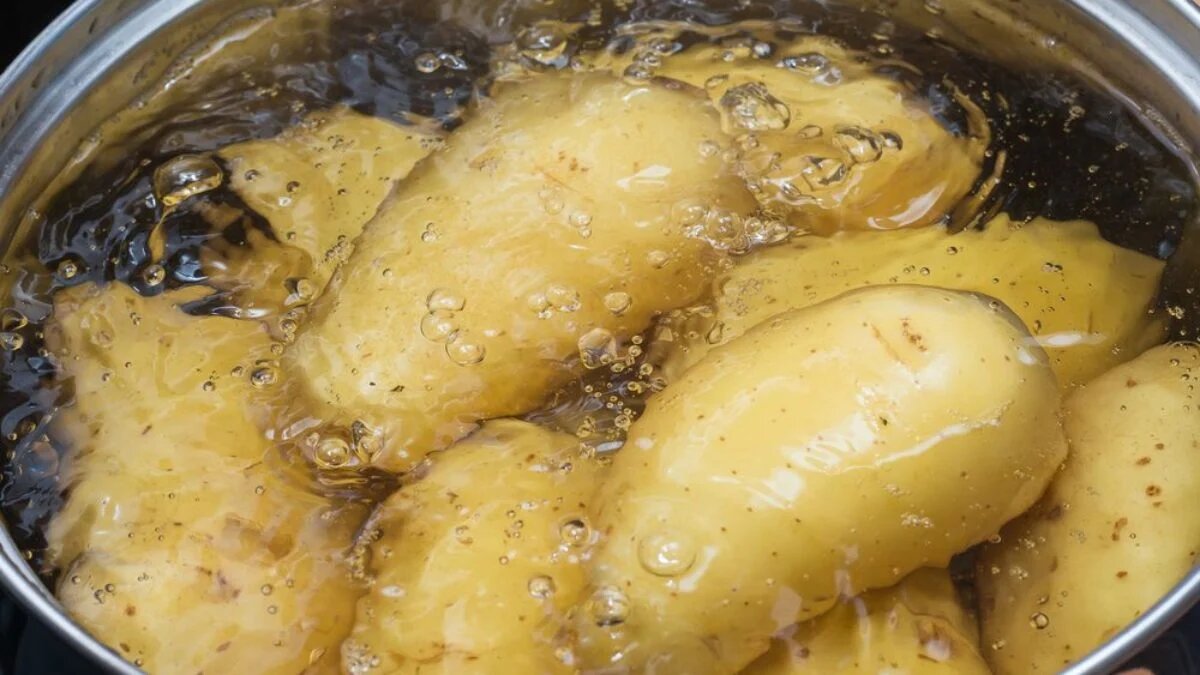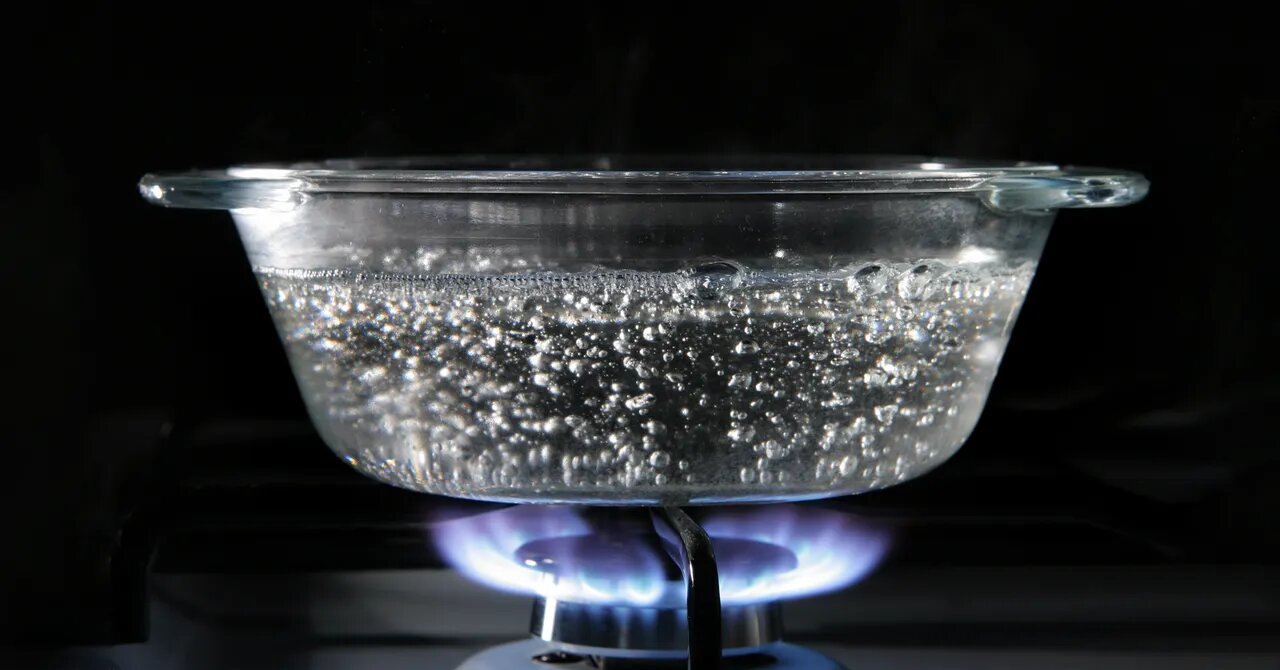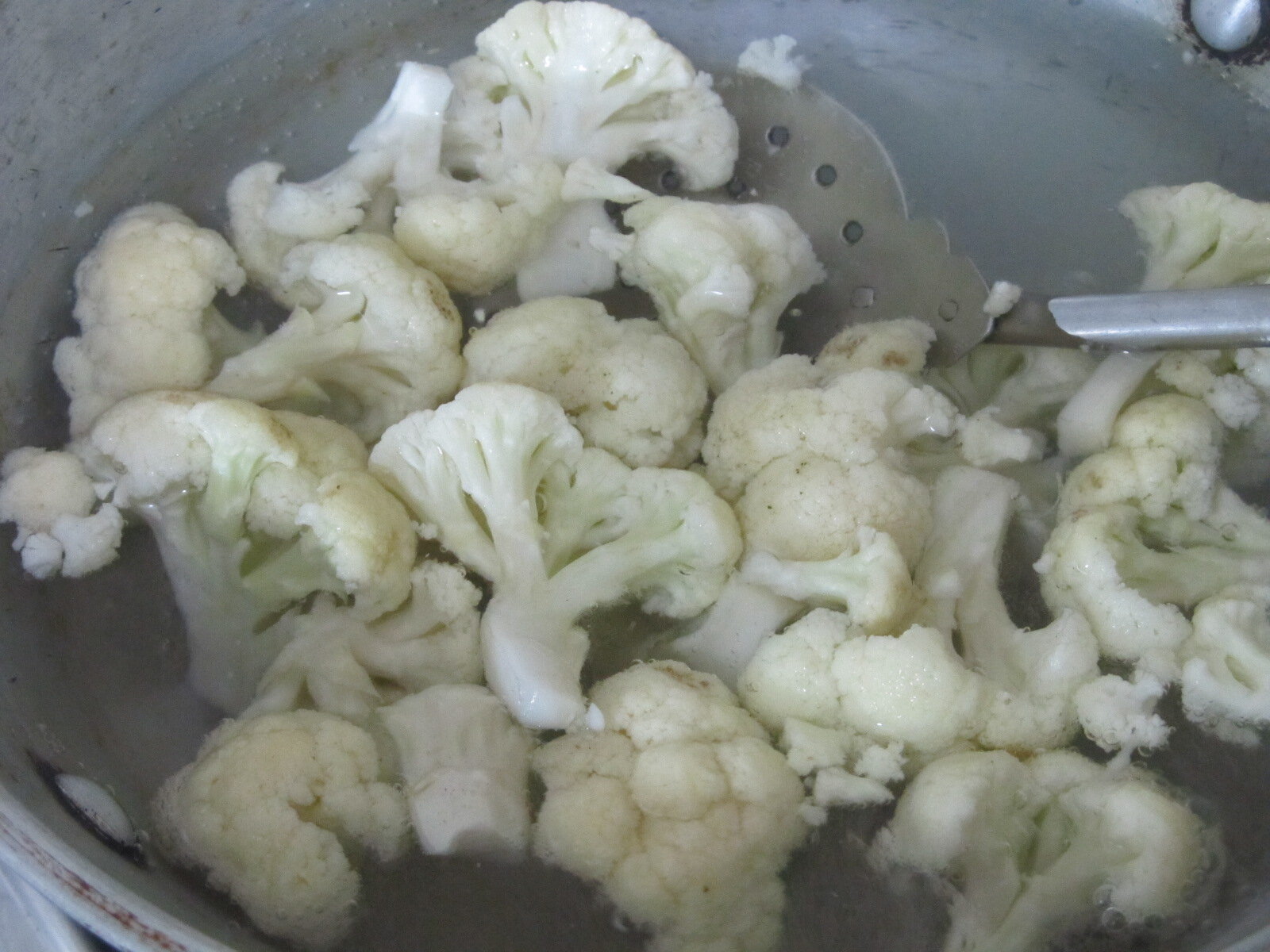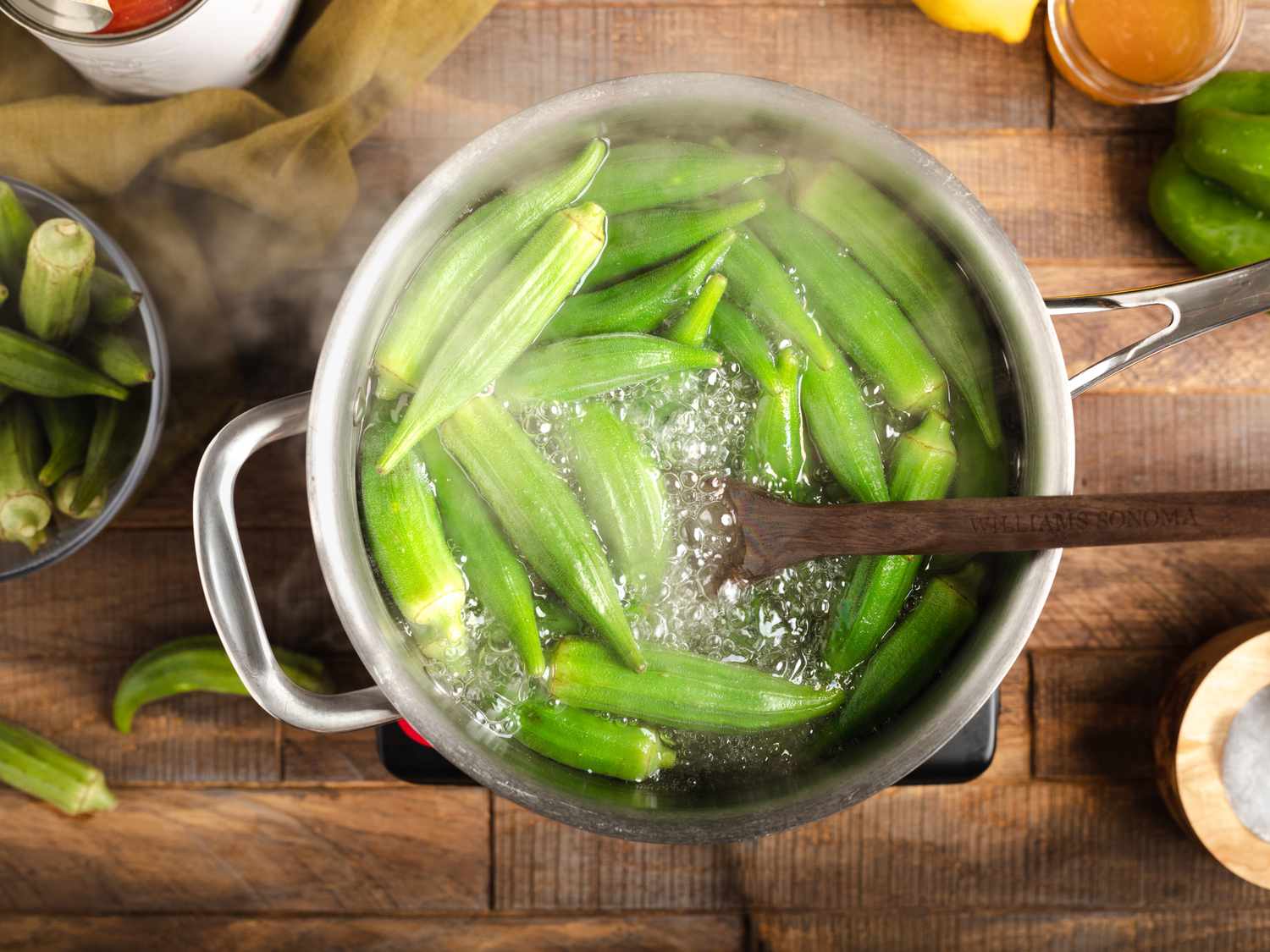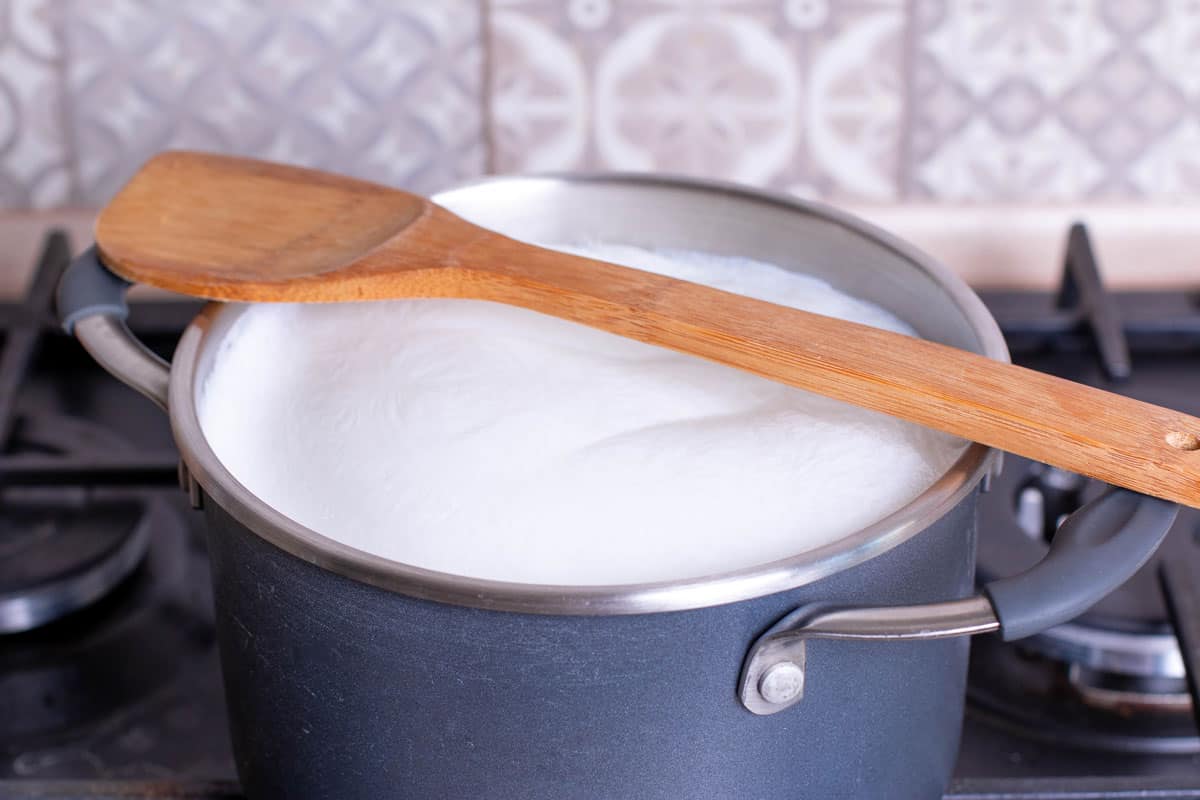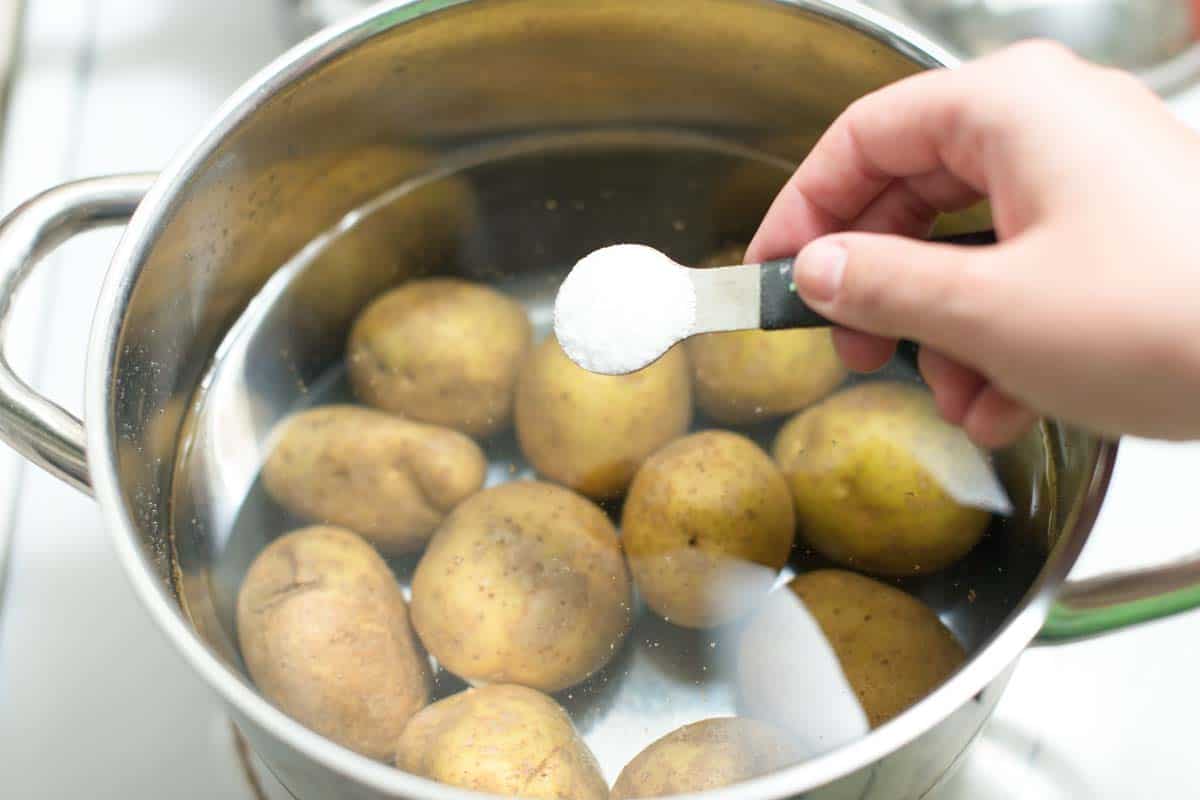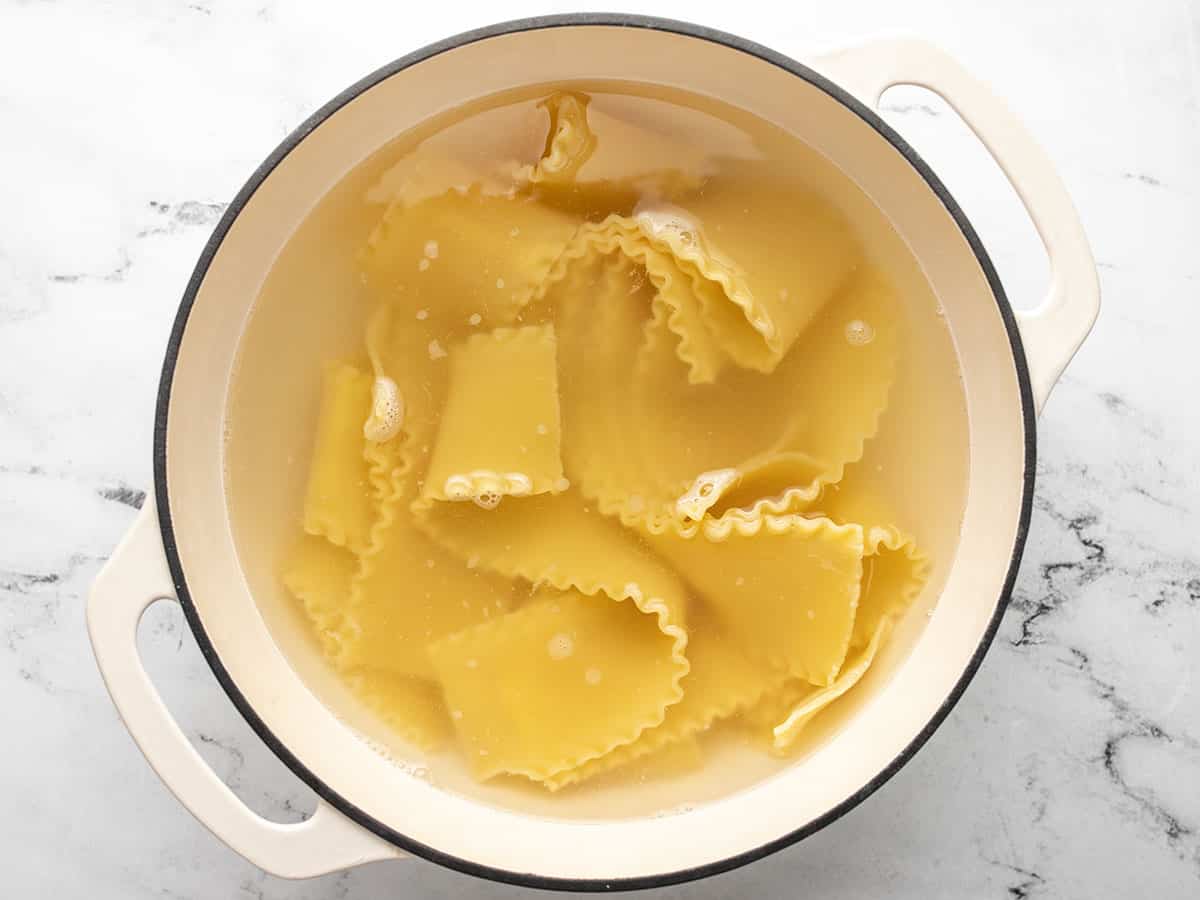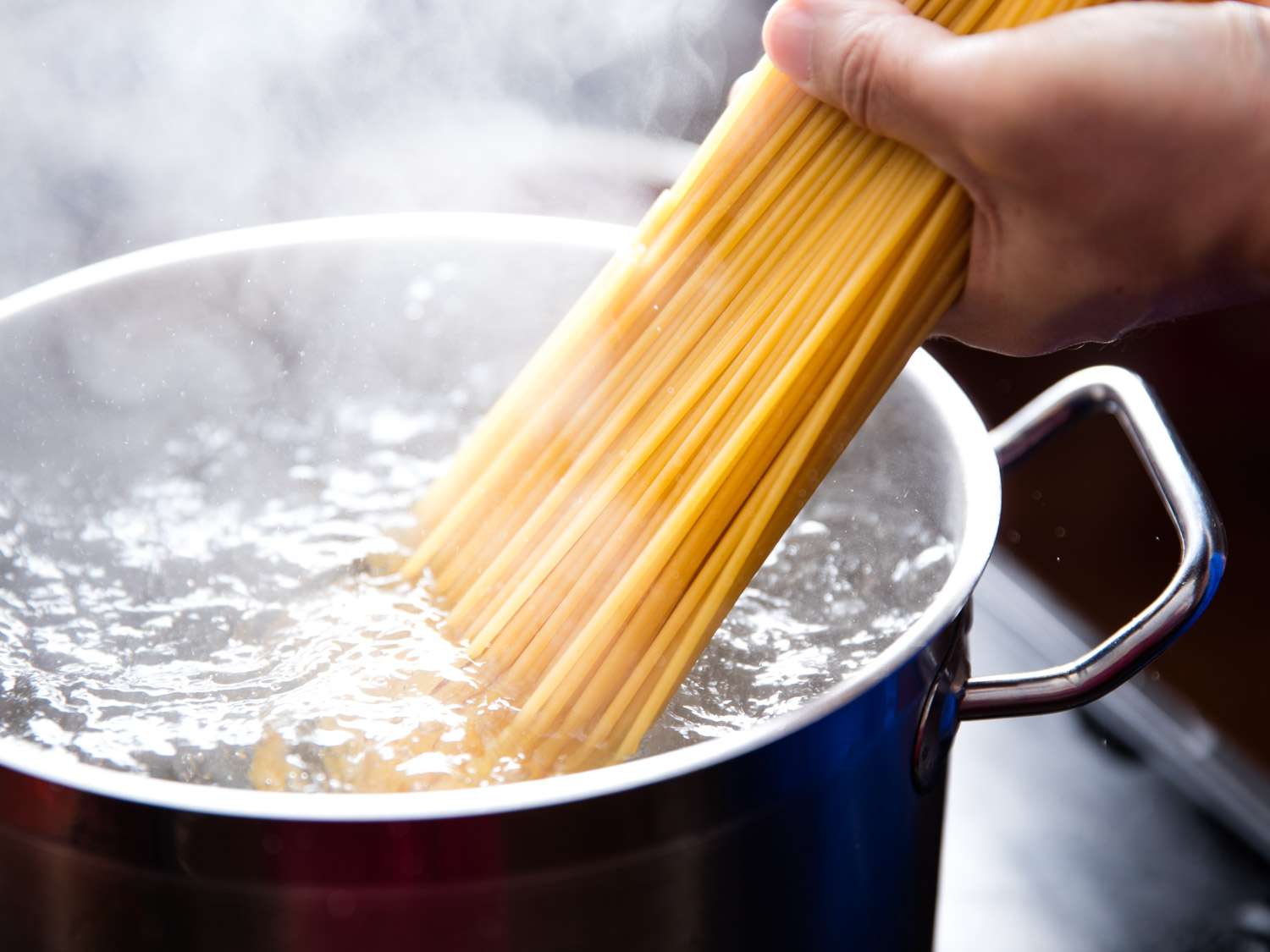Boiling Whole Potatoes: The Secret to Perfect Potato Salad
When it comes to making a delicious potato salad, the texture and flavor of the potatoes play a crucial role. Boiling whole potatoes is the tried-and-true method for achieving the perfect consistency. In this article, we will guide you through the steps on how to boil whole potatoes that will effortlessly elevate your potato salad game.
Choose the Right Potatoes
The first step towards making an outstanding potato salad begins with selecting the right potatoes. Russet or Yukon Gold potatoes are popular choices due to their starchy texture, which lends itself well to potato salads. Fingerling potatoes can also add a unique touch with their creamy and flavorful nature.
Preparation is Key
Before boiling the potatoes, it is important to properly prepare them. Start by scrubbing them well under cold running water to remove any dirt or debris. This ensures that your potato salad is both clean and appetizing. If desired, you can also peel the potatoes for a more polished look.
Boiling the Potatoes
Now it’s time for the main event – boiling the whole potatoes. Follow these simple steps:
- Place the potatoes in a large pot and cover them with cold water. Remember to add enough water to fully submerge the potatoes.
- Add salt to the water. This helps to season the potatoes from the inside out.
- Bring the water to a boil over medium-high heat. Once it reaches a rolling boil, reduce the heat to a gentle simmer.
- Cook the potatoes for approximately 15-20 minutes, or until they are fork-tender. To check for doneness, insert a fork into the largest potato. If it easily slides in and out, they are cooked.
Draining and Cooling
Once the potatoes are cooked to perfection, it’s important to drain them promptly. Transfer them to a colander and let the excess water drain off. Allow the potatoes to cool for a few minutes until they are comfortable to handle.
Extra Tip: Enhancing the Flavor
If you want to take your potato salad to another level, consider adding extra flavor while the potatoes are still warm. You can toss them in a simple dressing, such as a mixture of olive oil, lemon juice, salt, and black pepper. This allows the potatoes to absorb the flavors, resulting in a more satisfying potato salad.
Cutting and Incorporating into Potato Salad
Finally, once the potatoes have cooled to room temperature, it’s time to cut them into bite-sized pieces and incorporate them into your favorite potato salad recipe. Whether you prefer a classic mayonnaise-based dressing or a lighter vinaigrette, the perfectly boiled whole potatoes will be the star ingredient.
So now you know the secret to making an exceptional potato salad – boiling whole potatoes. With the right potatoes and proper preparation, your potato salad will be a hit at any gathering or barbecue. Impress your friends and family with your newfound knowledge in the kitchen, and enjoy the delicious results!
For those looking to perfect their potato boiling skills, this guide is a great starting point for trying out various potato salad recipes. The Loaded Baked Potato Salad is a must-try for anyone who loves a hearty, flavorful dish. If you prefer something with a tangy kick, the Creamy Dill Potato Salad offers a refreshing twist. Those who enjoy a bit of crunch and savory richness will appreciate the German Potato Salad with Bacon. For a lighter option, the Pesto Potato Salad provides a delightful herbaceous flavor. And if you're in the mood for something sweet and unique, the Sweet Potato Salad with Maple Dressing is an excellent choice. Each of these recipes will help you apply the skills from the boiling guide to create delicious and satisfying potato salads.
Was this page helpful?
Read Next: How To Boil Fresh Green Beans
